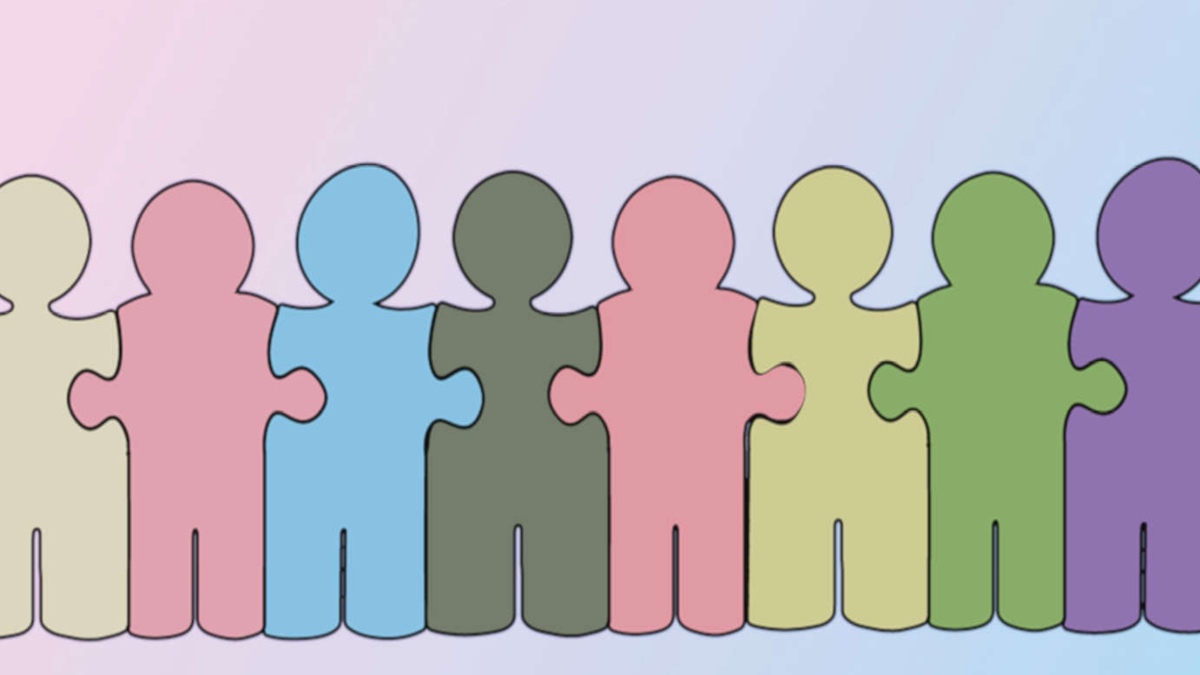


The world is inhabited by more than seven billion people who belong to over 5,000 ethnic groups, follow about 4,200 religions, and speak more than 6,900 languages.
Differences of nationality, race, language and religion have given rise to conflicts over the ages. People of the same country quarrel over language; those who speak the same tongue fight over religion; those professing the same religion kill each other over sectarian differences; and those of the same race are riven by class or ideological conflicts.
People involved in such strife identify themselves by their nationality, religion, race or sect, forgetting who they really are.
We all have more than just physiology in common. Ancient Indian scriptures speak of the world being one family. The holy books are expressing a spiritual truth. It is the spirit or soul that animates a human being. Consciousness resides in the soul. Without the soul, the body is a corpse. The soul is an infinitesimally small sentient point of light. Souls take birth in different places and circumstances. Accordingly, they acquire labels of nationality, race, religion, and gender, and come to be identified as Arab, Chinese, or Indian; Christian, Hindu, or Muslim; white or black; rich or poor; male or female.
The soul is beyond these classifications, which apply to the body. Once we identify ourselves with such labels, we begin to think accordingly. Thus, if we see ourselves as citizens of a particular country, we tend to look at those from elsewhere as ‘others’ and focus on how they have a different attitude, culture, or physical appearance.
The same happens when we identify with any of the other labels we get from our physical circumstances — a mental divide is created between ‘us’ and ‘others’.
When we dwell too much on the differences between us and others, feelings of superiority, inferiority, like or dislike arise, often leading to hatred for those who are different from us. The negative feelings fuel religious, racial, and international conflicts.
The root cause of this is forgetting the fact that we are all souls, children of the same Father, who we call the Supreme Soul. All souls are innately peaceful, loving, and pure. That is why we all like these qualities. We naturally express these virtues — as babies and small children do, bringing joy to themselves and others. But once we start identifying with our physical circumstances, we begin to suppress these virtues.
Physical differences provide variety in this world. We can appreciate and enjoy the variety only if we see ourselves and others as souls and are aware that as children of God, we are part of one spiritual family. This awareness fosters love and respect for our fellow humans, which encourages cooperation and sharing. This is the first step towards global harmony.
B.K. Atam Prakash is a Rajyoga teacher at the Brahma Kumaris headquarters in Mount Abu, Rajasthan.